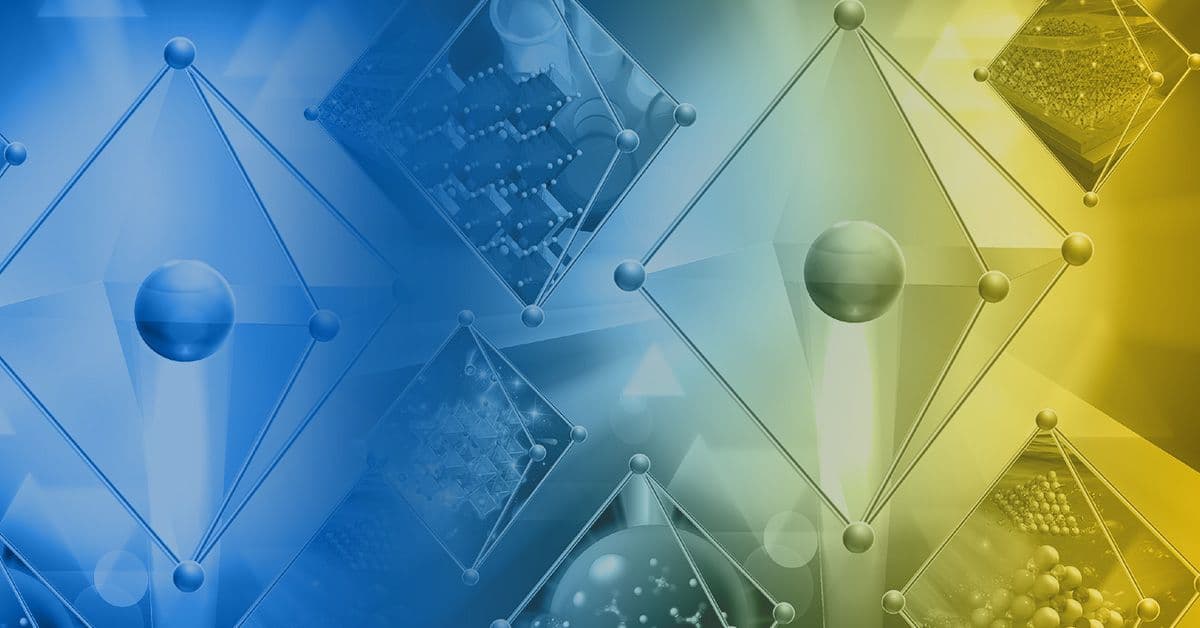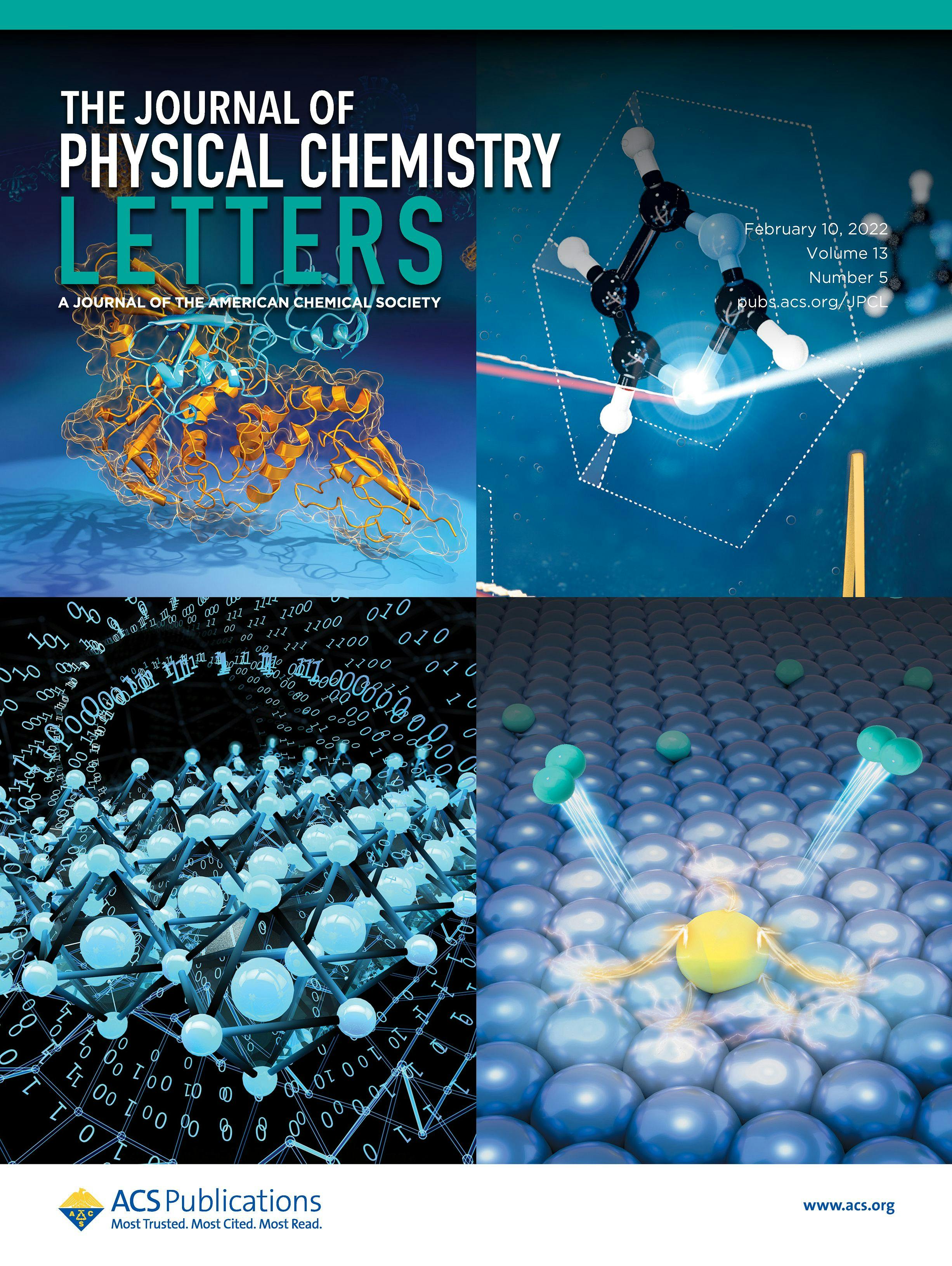ACS Publications recently announced that Professor Gregory D. Scholes, of Princeton University, is the new Editor-in-Chief of The Journal of Physical Chemistry Letters (JPC Letters).


ACS Publications recently announced that Professor Gregory D. Scholes, of Princeton University, is the new Editor-in-Chief of The Journal of Physical Chemistry Letters (JPC Letters). He is the William S. Tod Professor of Chemistry at Princeton University, and a senior fellow at the Canadian Institute for Advanced Research (CIFAR). He was previously a senior editor of The Journal of Physical Chemistry (JPC) and JPC Letters and served as deputy editor of JPC Letters from 2016 before becoming Editor-in-Chief.
I recently spoke with Professor Scholes to learn more about why he’s excited to become Editor-in-Chief, his plans for the journal to serve as a champion for authors, and why he wants to build the journal from within a new international community.
You previously served as the Deputy Editor of JPC Letters for four years and as a Senior Editor before that. What do you love about the journal?
I love that JPC Letters has resonated with the research community in this field—it strikes the right balance of high impact and ‘serious’ papers across such a breadth of topics. The papers are, therefore, exciting to read and will stand the test of time.
What is unique about the journal is how quickly papers are published, without sacrificing rigor. Indeed, this is likely one reason we can attract such high-quality submissions.
Why did you want to be JPC Letters’ Editor-in-Chief?
I’m excited about the opportunity to serve as Editor-in-Chief because I think the timing is right to make a more substantive global impact.
What I mean is that while most journals publish papers from around the world, it is unusual to develop a journal with different research communities and investment in a journal across the world. We are actively putting editors in place in different regions around the world and using those editors to champion the journal and ensure we serve authors in their region fairly.
As we piloted this idea in 2019 in China, it became apparent that different countries and regions have different research priorities and hot areas. We can now tap into the best science and present a true international ‘flavor.’ Learning how to build the journal from within a new international community—rather than translating an editorial office geographically—has been an interesting and eye-opening challenge. We now have a blueprint for how to grow JPC Letters globally, and we have plans to expand our footprint.
What is your group working on now? How does that work connect with the broader body of work the global physical chemistry community is doing?
What is great about being involved in publishing is seeing the evolution of a field and getting a sense of what authors are interested in. My research group is quite large for a physical chemistry group (about 24 grad students and postdocs), so we cover a wide range of topics. About a third of the group works on theoretical problems, and the rest focus mostly on experimental work in ultrafast spectroscopy. Some of what we do connects with synthetic chemistry—light-powered catalysts that are a core topic of our Energy Frontier Research Center (BioLEC). In that way, I have learned a lot about chemistry! We are interested broadly in coherence phenomena, quantum information, and have been working for the past year or so on the new area of strong-light matter coupling in molecular systems.
I predict there will be more and more papers on this fascinating topic published in JPC Letters over the next few years.
You want JPC Letters to serve as a champion for authors focused on helping them improve their papers to meet the journal’s standards and get published. What inspired this approach, and how are you going to work to make it the standard for JPC Letters?
I do believe that it is time for a step-change that will make editors champions for authors, not gatekeepers of the journal. Why? I put a lot of weight into the fact that authors, for the most part, have thought long and deeply about their paper.
Referees often have superb expertise, but often their value is in probing how well the authors communicated their work. A substantive, detailed referee report can vastly improve a paper—and I’d like that effort to end up published in JPC Letters. Neither editors nor referees can reliably predict the impact of a typical paper. So, it seems to me that our job as editors is to select what seem to be the most interesting or scholarly papers submitted, then give them a reasonable chance of being published, often as a greatly improved version.
Achieving the goal of being able to champion for authors involves several moving parts. We need a clearly defined and fair workflow process, we need to promote the journal, and we need to understand who our authors are and the importance of their work in a global context. We have started to put this framework into place, and I hope it has a positive impact on JPC Letters and our authors.
When you’re not teaching, doing research, and running JPC Letters, how do you spend your time? What are your passions outside of physical chemistry and your work?
I’m actually embarrassed to tell you all the things I do—and do obsessively. As my wife says, I never do things halfway. I do a lot of woodwork (making furniture) in my dedicated woodworking shop that was once a garage. I recently built our library out of black walnut and have made all sorts of things, including our dining room tables (two!) and chairs. The tables are made from two slices from the same Tasmanian Blackwood tree. I also made a pond in the backyard that is now the home to frogs. Then I liked it so much I dug another pond, this one for koi. I love writing with fountain pens. I enjoy (strangely perhaps) reading mathematics textbooks, and I am working my way through topics from topology to algebraic number theory. I also spend a lot of time with my kids, mostly in my capacities of servant or zombie.
***
